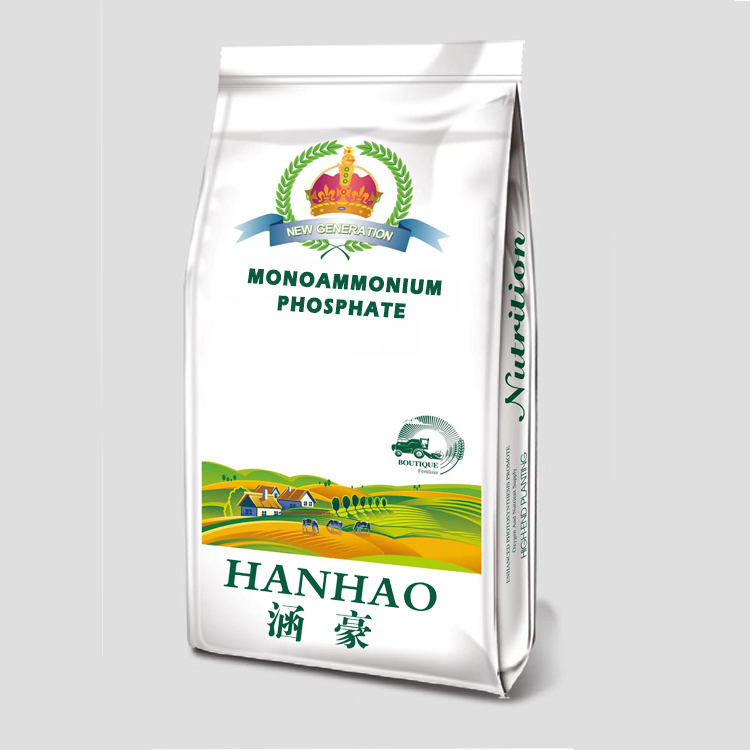
12 月 . 23, 2024 06:38 Back to list
Top Organic Fertilizers for Thriving Healthy Weed Plants
High-Quality Good Organic Fertilizer for Weed Plants
In recent years, the demand for sustainable farming practices has surged, leading to a growing interest in organic fertilizers, especially for niche applications like weed plants. Whether you are cultivating cannabis or other medicinal herbs, using high-quality organic fertilizers can dramatically enhance growth, yield, and overall plant health. This article will explore the benefits of organic fertilizers, the best ingredients to look for, and practical tips on using them effectively for weed plants.
Benefits of Organic Fertilizers
1. Environmental Sustainability Organic fertilizers are derived from natural sources, such as plant and animal matter, which makes them environmentally friendly. They contribute to soil health by promoting biodiversity and decreasing the need for chemical additives, which can be harmful to ecosystems.
2. Improved Soil Health Unlike synthetic fertilizers that can degrade soil quality over time, organic fertilizers enhance soil structure and promote beneficial microbial activity. This leads to better water retention, increased nutrient availability, and healthier root systems, which are essential for weed plants.
3. Slow Nutrient Release Organic fertilizers provide a slow-release source of nutrients. This is particularly beneficial for weed plants, which require a steady supply of nutrients throughout their growth cycle. The gradual uptake means that plants are less likely to experience nutrient burn, a common problem with conventional fertilizers.
4. Enhanced Flavor and Potency For cannabis growers, using organic fertilizers can improve the aroma, flavor, and potency of the buds. Studies have shown that plants grown with organic inputs often produce higher-quality terpenes and cannabinoids, leading to a superior end product.
Key Ingredients to Look For
When selecting high-quality organic fertilizers for weed plants, it is important to consider specific ingredients that can provide optimal nutrition
1. Fish Emulsion Rich in nitrogen and trace minerals, fish emulsion is an excellent source of nutrition for growing weeds. Its pungent odor may deter some growers, but its benefits far outweigh this minor inconvenience.
2. Kelp Meal Kelp is packed with micronutrients, growth hormones, and natural enzymes. It boosts plant health and resilience, making it particularly useful during stressful growth phases.
high quality good organic fertilizer for weed plants

3. Compost Well-aged compost can provide a balanced mix of nutrients and beneficial microorganisms. It improves soil structure and encourages a thriving ecosystem that supports plant growth.
4. Bone Meal High in phosphorus, bone meal is perfect for promoting strong root development and flowering in weed plants. It is particularly beneficial during the flowering stage of growth.
Practical Tips for Using Organic Fertilizers
1. Soil Testing Before applying any fertilizer, it is crucial to understand your soil’s nutrient profile. Conduct a soil test to identify deficiencies or imbalances, allowing for targeted fertilization.
2. Follow Manufacturer Guidelines Each organic fertilizer product comes with specific application instructions. Adhering to these guidelines ensures that your plants receive the right amounts of nutrients without over-fertilizing.
3. Timing is Key Apply organic fertilizers at different growth stages. For instance, a nitrogen-rich fertilizer might be more beneficial during the vegetative stage, while phosphorus and potassium sources should be prioritized when plants begin to flower.
4. Monitor Plant Health Regularly observe your plants for signs of nutrient deficiency or excess. Yellowing leaves might indicate a nitrogen deficiency, while burnt leaf tips could signal nutrient burn from over-fertilization.
5. Rotate Fertilizers Using a variety of organic fertilizers throughout the growth cycle can help ensure that your plants receive a broad spectrum of nutrients. This diversity can enhance overall plant resilience and productivity.
Conclusion
Investing in high-quality organic fertilizers for weed plants is an excellent decision for both the environment and plant health. By choosing the right ingredients, understanding the benefits, and applying these fertilizers effectively, you can maximize the growth and quality of your herbaceous crops. Embrace organic practices to contribute to a healthier ecosystem while enjoying the fruits of your labor.
-
10-10-10 Organic Fertilizer - Balanced NPK Formula
NewsAug.02,2025
-
Premium Organic Manure Compost for Eco Gardens
NewsAug.01,2025
-
Organic 10-10-10 Fertilizer | Balanced Plant Nutrients
NewsJul.31,2025
-
Premium Amino Acid Fertilizer | Rapid Plant Growth Booster
NewsJul.31,2025
-
10 10 10 Fertilizer Organic—Balanced NPK for All Plants
NewsJul.30,2025
-
Premium 10 10 10 Fertilizer Organic for Balanced Plant Growth
NewsJul.29,2025
